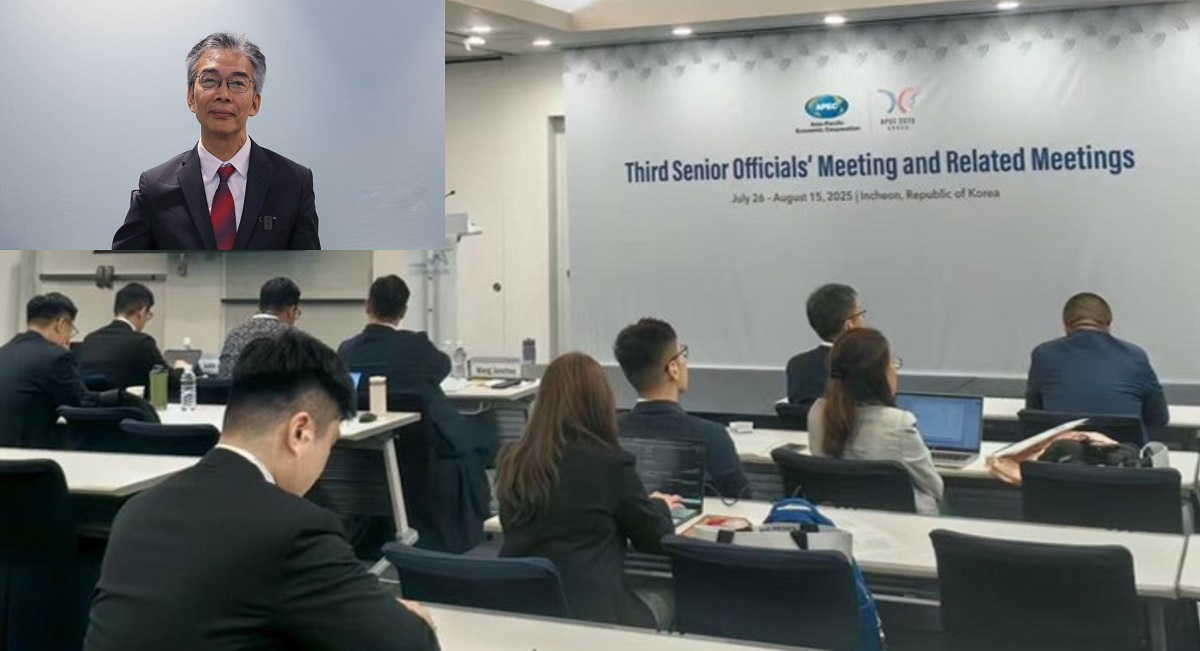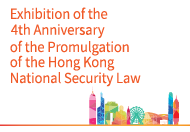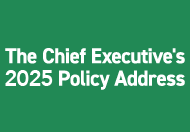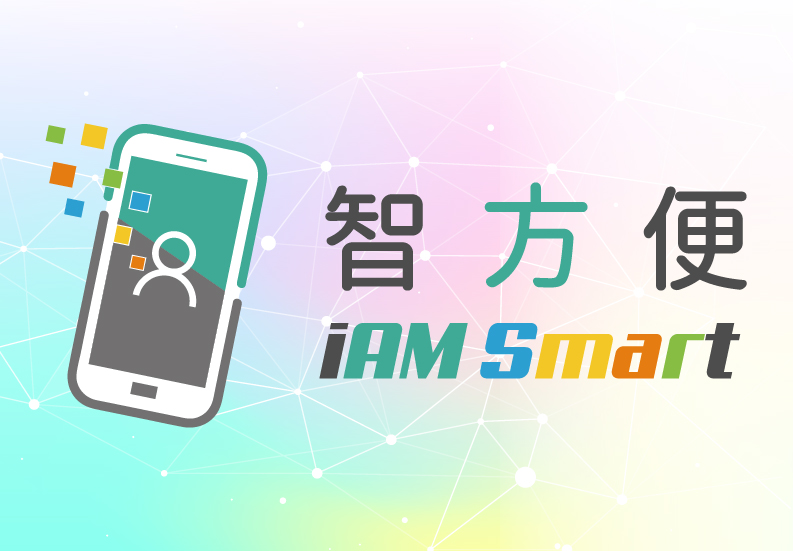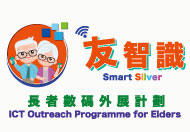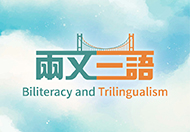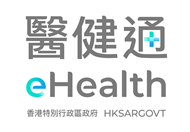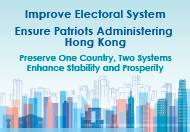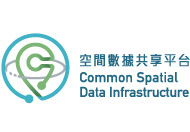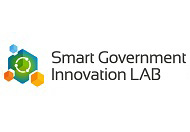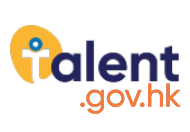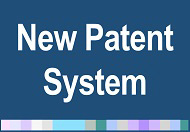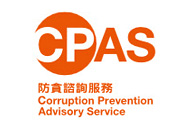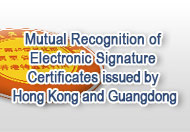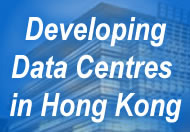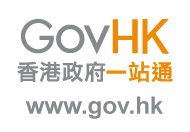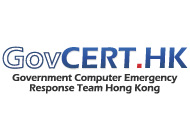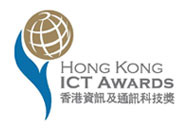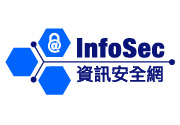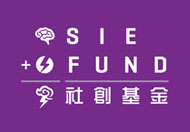Speech by Mr Donald Mak, BBS, Deputy Commissioner (Data Governance), at the “APEC Exchanges and Dialogue on Approaches to Artificial Intelligence” (with photo)
Excellencies, distinguished guests, ladies and gentlemen,
Good afternoon. It is my honour to join this session of the APEC Exchanges and Dialogue on Approaches to Artificial Intelligence. I would like to thank the Bureau of International Cooperation, Cyberspace Administration of China and fellow participants for convening this important dialogue.
Over the past few years, Hong Kong, China has devoted tremendous effort in fostering the development and adoption of artificial intelligence (AI) to help propel the development of our digital economy. In 2022, we promulgated the Hong Kong Innovation and Technology Development Blueprint to set out a clear strategic direction and specific action plans to promote the development of innovation and technology, with a particular focus on prioritising the development of the AI industry.
To this end, we have been adopting an all round strategy to develop a robust AI ecosystem, covering data policies and resources, data and computing power infrastructure, research and development (R&D), AI governance, AI talent development, AI industry development and promotion for AI adoption. For example, we established the AI Supercomputing Centre last year to support the strong local demand for computing power. In addition, we launched a HK$3 billion AI Subsidy Scheme to empower local institutions, R&D centres and enterprises in leveraging the AI Supercomputing Centre’s computing power for research and development.
While embracing the unlimited possibilities of AI, we are well aware that it is equally important to establish a robust AI governance framework to ensure responsible and ethical development of AI for safeguarding public interests. Now, I would like to highlight Hong Kong, China’s approach on AI governance.
Central to our strategy is a pro-innovation mind-set, aiming to strike a balance between innovative application of AI and mitigation of risks associated with AI application.
We recognise the paramount importance of AI ethics when implementing AI-related IT projects and services. In this regard, we formulated the “Ethical AI Framework” in 2021 to assist organisations in adopting AI and big data analytics technology, ensuring that ethical considerations are properly integrated into their IT projects or services. In July 2023, the Framework was enhanced to provide suggested practices for addressing concerns and challenges arising from generative AI. In April this year, we further promulgated the “Hong Kong Generative AI Technical and Application Guideline” to set out the appropriate codes and guidelines on the generative AI technology.
Privacy and data protection are critical ethical considerations for AI development. In 2021, the Office of the Privacy Commissioner for Personal Data of Hong Kong, China (or PCPD in short) published the “Guidance on the Ethical Development and Use of AI”, establishing the foundational ethical principles for AI development, while ensuring compliance with the Personal Data (Privacy) Ordinance.
Building on this, the PCPD published the “Artificial Intelligence: Model Personal Data Protection Framework” in 2024 and the “Checklist on Guidelines for the Use of Generative AI by Employees” earlier this year to assist organisations in developing internal policies or guidelines on the use of generative AI by employees at work with emphasis on personal information protection.
To address legal challenges arising from rapid AI development, the Intellectual Property Department of the Government of the Hong Kong Special Administrative Region has completed a public consultation on updating the Copyright Ordinance, proposing a new text and data mining exception. This aims to facilitate AI training and innovation, while maintaining a balanced and effective copyright regime.
The use of AI in certain sectors may introduce unique and heightened risks. To help address the unique considerations of specific sectors, a number of sector-specific guidelines have been formulated by the relevant regulators. For instance, in the financial sector, the Hong Kong Monetary Authority released guidelines on “Consumption Protection in respect of Use of Generative AI” and “Use of AI for Monitoring of Suspicious Activities”.
With these efforts, we believe that we can establish a coherent and evolving governance framework that fosters innovation while protecting public interest, safety, and trust. Looking ahead, we will continue to pay close attention to the relevant policies, legislations and guidelines formulated by other economies so as to formulate the best responses for addressing the fast-changing AI landscape.
In closing, Hong Kong, China is firmly committed to building a trusted, safe and human-centric AI ecosystem — one that can empower innovation and support the sustainable growth of the digital economy while safeguarding public interest. Hong Kong, China will continue to collaborate with APEC economies to promote safe adoption of AI and co-create a peaceful, prosperous and sustainable digital future for our future generations.
Thank you.
- ENDS -






